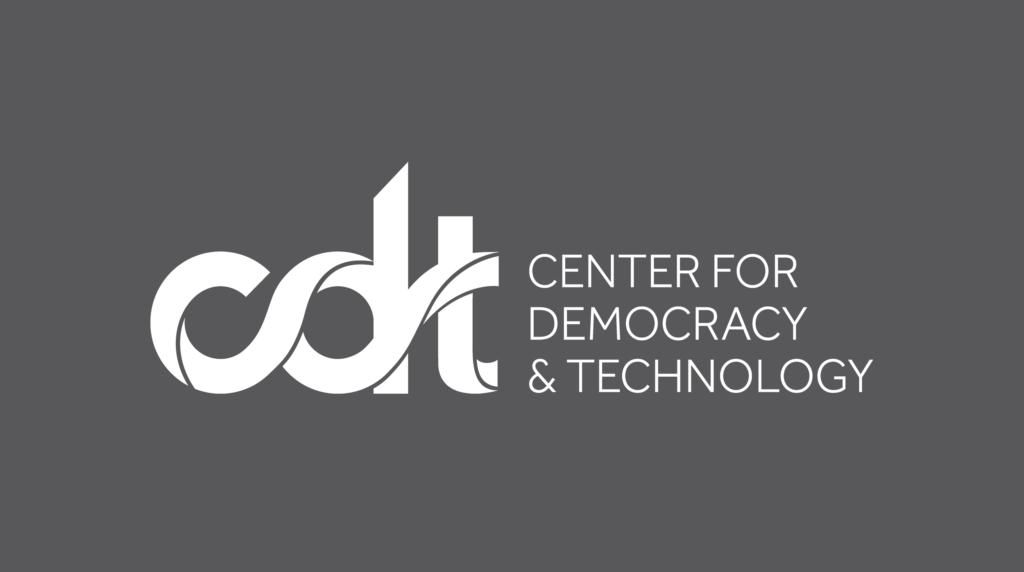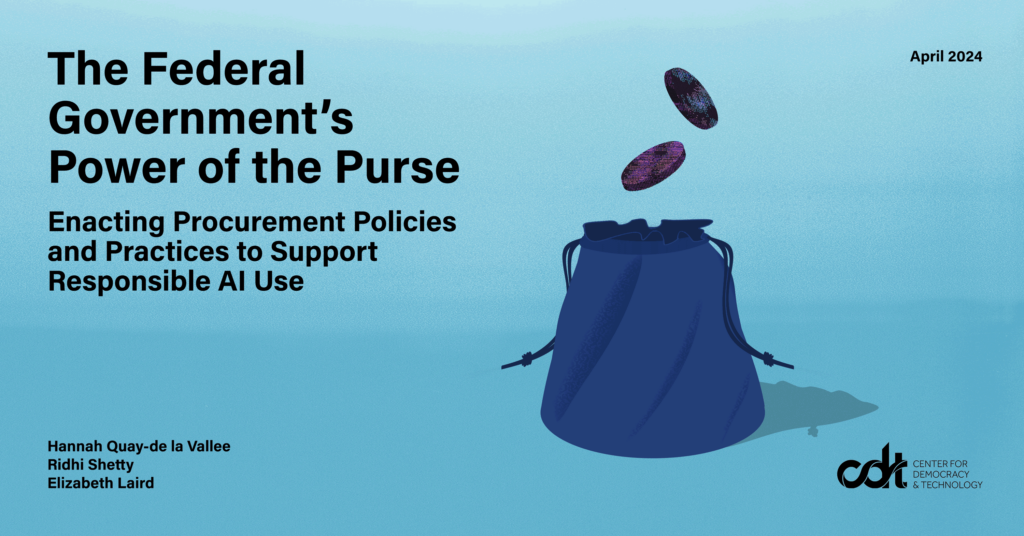AI Policy & Governance, European Policy, Free Expression, Open Internet, Privacy & Data
CDT’s Comments on the European Parliament’s IMCO, JURI, and LIBE Digital Services Act Reports
Today in plenary session, the European Parliament adopted three reports on the topic of the Digital Services Act (DSA). CDT welcomes the emphasis which has been put on fundamental rights of the users of digital services, and supports a number of provisions recurrent in each report. It will be important to keep watch on how each of several key principles are translated into the European Commission’s first proposal on the DSA expected in early December.
CDT supports these key recommendations by the European Parliament reports:
- The recommendation to maintain key elements of the e-Commerce Directive (ECD), such as the prohibition to impose general monitoring obligations;
- The emphasis on protection of privacy rights and users’ data;
- The need to empower users to have more control over how content is curated for them;
- The emphasis on the technical limitations of automated tools in assessing content, and;
- The need to increase algorithmic transparency
CDT also appreciates that the rapporteurs have put forward proposals for binding notice-and-action (N&A) mechanisms and clarifying liability rules for content hosting, which CDT believes should be at the heart of the DSA. These provisions could benefit from further clarification about what it means to receive “actual knowledge” of illegality of content, which remains insufficiently explained in the existing framework of the e-Commerce Directive and related CJEU rulings. In CDT’s view, intermediaries should not face liability for failing to remove illegal content by users unless the notice is supported by a court order or similarly independent adjudication. Any other approach would require intermediaries to make their own assessment of the illegality of third-party content, which would privatize an essential function of the courts. CDT supports the “Good Samaritan” principle to ensure that private companies do not over-censor, but are still incentivised to make measures to address content which is lawful but may nevertheless be detrimental to society and require an appropriate response.
In line with the adopted proposals, CDT agrees there is a need to bring more transparency into online advertising and study its effects on user behavior. In this regard, CDT warns that attempting to distinguish “political” from “non-political” ads could pose high risks for the fundamental rights of individuals and civil society organisations. While campaign ads from candidates may be clearly political, messages addressing issues such as abortion, education, climate change, and immigration can be difficult to categorize. Online ads are cost-effective ways for nonprofits and advocates to reach audiences and raise citizens’ awareness on critical issues for the public debate. An overbroad definition of “political” ads would chill the speech of many organizations lacking the resources to utilise traditional media.
An alternative could be to consider a content-agnostic approach to ad transparency by seeking the same kind of disclosures from all online advertisers, to include information about the purchaser of the ad and the nature of any targeting criteria. This baseline transparency approach would give people access to information about the sponsors, techniques, and amounts spent on political and apolitical advertising online. If further transparency for election-related advertising is desired, it could be achieved by requiring advertising systems to collect and provide information that includes the candidate, party the candidate is related to, if any; the identity, nationality, and country of residence of the sponsor; the total amount spent on the ad campaign; the specific election the ad is referring to if any; and targeting information for the ad. If this information is created, the Commission should also establish a centralized, open-access, machine-readable database for the disclosed information.
CDT also observes with interest provisions in the IMCO and JURI reports related to unfair competition and its negative implications for the consumers, such as the lock-in effect. In this regard, we encourage the legislators to develop their approaches here in a manner that is informed by data and that emphasizes the primacy of the user.
For more on CDT’s position on the Digital Services Act, our response to the European Commission’s consultation is available here.


